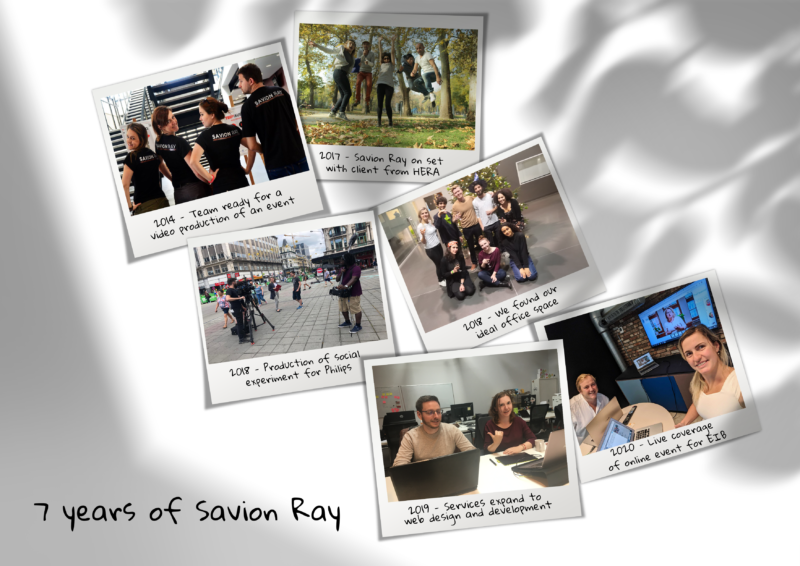 Was your company going to sponsor a big event this spring? Then the coronavirus outbreak happened and threw the whole of Europe in a massive panic: thousands of events and gatherings have been cancelled all over the continent. Brussels was no exception.
Was your company going to sponsor a big event this spring? Then the coronavirus outbreak happened and threw the whole of Europe in a massive panic: thousands of events and gatherings have been cancelled all over the continent. Brussels was no exception.
If you are working in communications, this has probably been bothering you for over a month now. And there is no shame in admitting that last week, when literally everyone canceled their events, most of us communicators silently retreated to a room and cried.
Though, we shouldn’t despair. All we need is a new week, a new gleam of Brussels sunshine and a brainstorm to figure out how to turn this grim situation into an opportunity.
So, without further ado, here are some simple steps on how to approach the working-from-home reality in Brussels, in the next weeks or months, seen the lack of events.
1. Don’t wait until the storm clears.
Approach the business similarly to a normal day in the office. While it is important to stay home and be safe in the current weather, your communication plans should not stop because of the coronavirus. If you wait, you’ll waste important time and ongoing efforts will lose momentum.
It is important to use this time to focus on the resources you were going to spend on the events that now got cancelled – how can they be spent in an efficient way, now that those events can’t happen anymore?
This does not mean that the topics you are communicating on should keep the same context. We’ve seen that the same messages we usually use have been lost in more important conversations. Watch this space for more tips on how to contextualise your content and stay relevant.
2. Go back to the basics.
Remember that your event is a means to your communication goals.
The event has never been the goal itself, but only a way to reach engagement, gain credibility, communicate your key messages.
Now that the event can’t happen anymore, use the opportunity to take a step back and revisit your Communications Strategy. Remind yourself of what exactly you wanted to achieve.
Also, think about what you can do to help your community with your communication efforts and still make it fit your broader goals.
3. Translate your activities from physical to digital.
Now that you remembered what your goals were, let’s investigate if it makes sense to still have the interaction in the digital space.
If the goal was educational, does it still make sense to have a webinar? If you wanted to connect and network, would conf calls do the trick? If you need internal communication, set up some remote working tools. As a tip for efficient teamwork remotely, read my article on digital internal communication.
But most importantly, if your goal was to communicate key messages to political stakeholders, there is no better time to explore the capacity of your digital channels and become much more visible online. Which brings me to my last point.
4. Invest in a digital campaign.
Everyone is home at the moment. The only way to stay connected to the world is the internet and social media. In fact, communicators are creating an extended network to follow issues closely. The next months will literally be “Digital on steroids”
So focus on one issue and create an internal briefing, either for your comms team to execute or, if like some of my clients, you have a pot of events money to spend, brief an agency to create a good campaign for you.
Oh and one more important point here: Make sure the campaign has a creative element to it that will capture attention and won’t just be some pretty pictures. To give you an idea, our team did the #Choose Recycled campaign for the UN and Philips that created engagement in the millions. Take the opportunity and let the creative campaign unroll on social in the next months. The results will impress your board members and make your team proud.
Need advice on creative campaigns? Get in touch by commenting or email me at [email protected]




